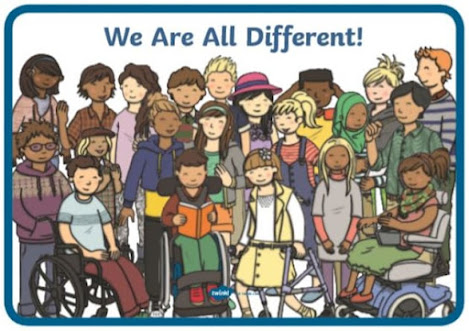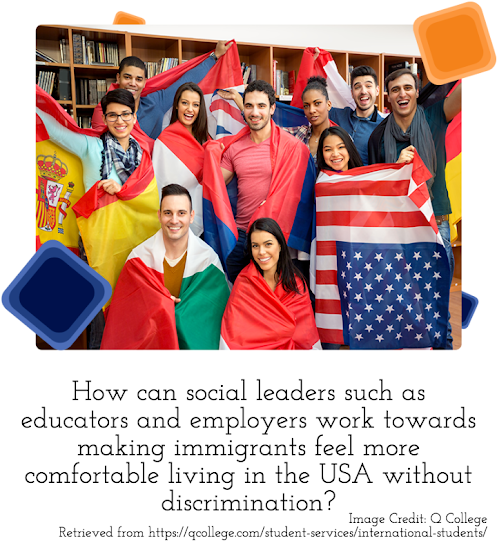Let's Not Forget to Polish Ourselves for Others

We have talked and learned about discrimination against immigrants and how we can address it, but what about ourselves? When we can’t even take care of ourselves and keep ourselves healthy, we can’t take care of, understand, and emphasize with others. Self care includes things that are very simple such as eating healthy and exercising well. These sound very easy, but they are the most important aspects in our lives because they are the basis of our wellbeing. If we are not physically healthy, our mind will not be capable of dealing with other aspects in our lives such as work and relationships with others. Mental health is also very important, of course. We should integrate some activities, such as seeing friends, doing something fun everyday, finding ways to relax, etc. in our daily lives in order to stay mentally healthy ( Mental Health America, n.d. ). Benefits of self care are significant because self care does not only help us to stay healthy but also makes us better carer f...





